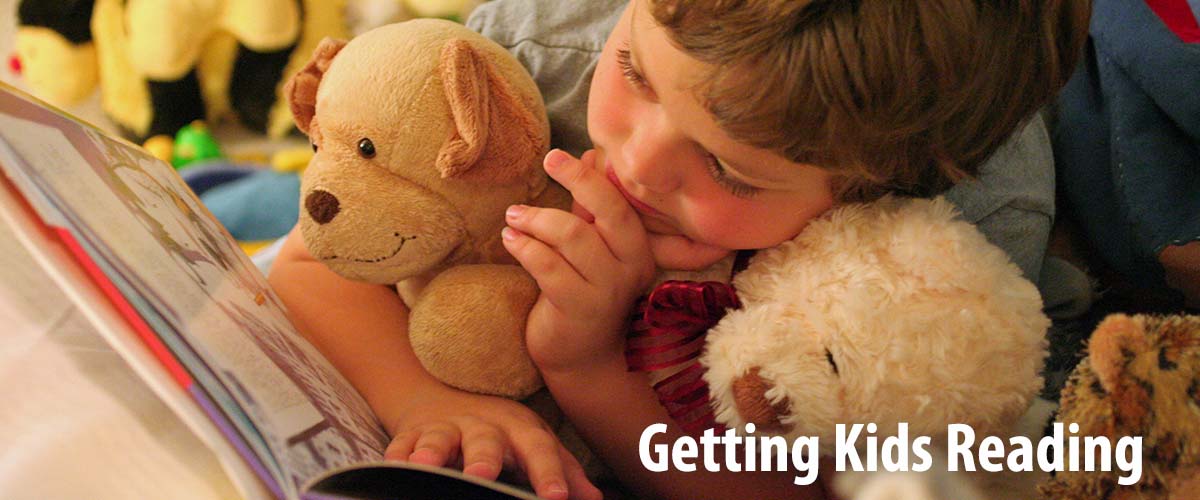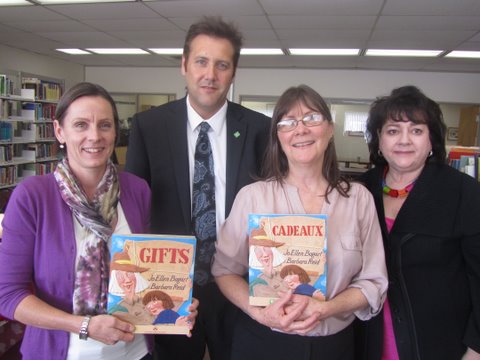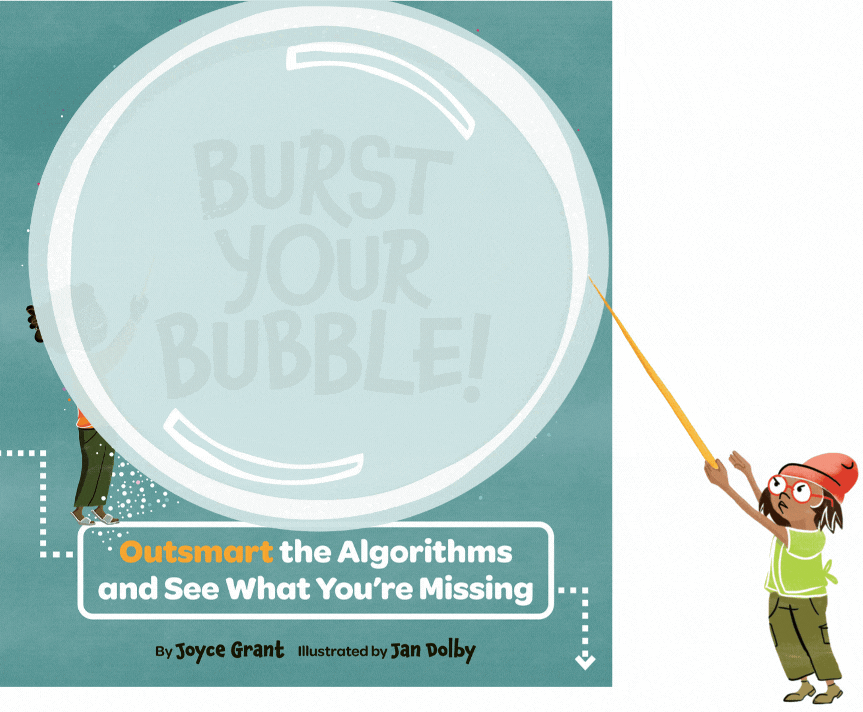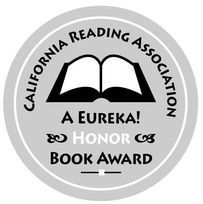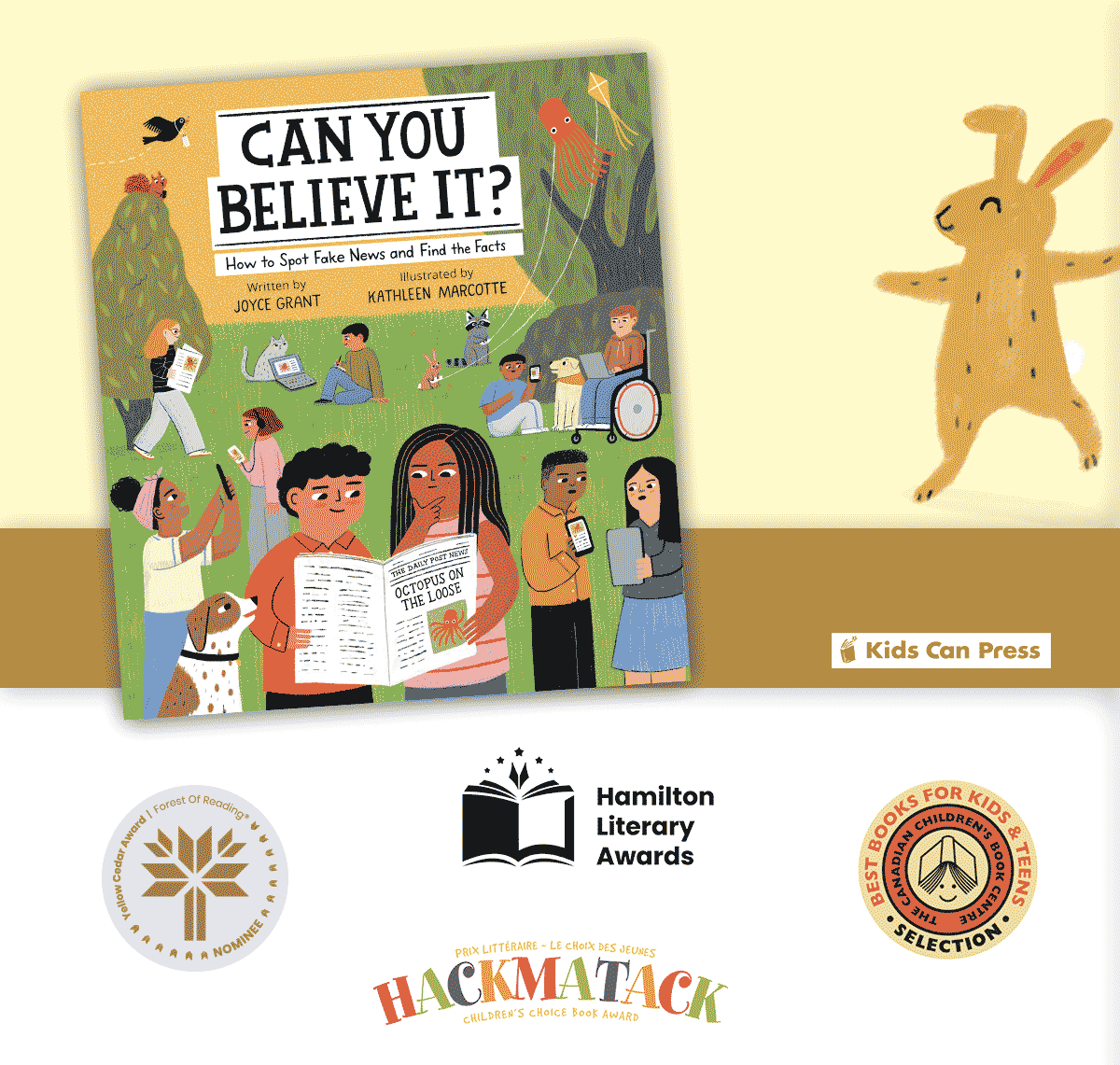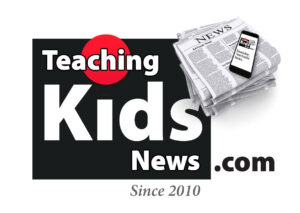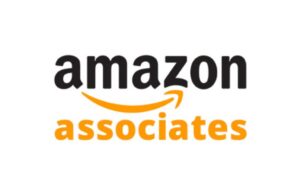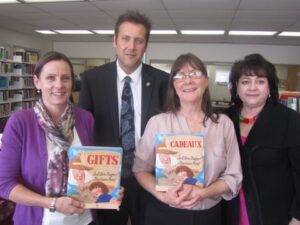
- Barbara Reid, Alan Convery (TD), Jo Ellen Bogart, Charlotte Teeple (Exec, Dir. CCBC); image: Joyce Grant
This month, every grade-one child in Canada will receive a free book.
That’s every grade-one child, including those home-schooled, or in any school in the country, private or public.
What’s the catch? There is no catch. This has been going on every year for the past 11 years. A pile of books arrives for the grade ones (and twos, if it’s a split class). That’s more than half a million books—the biggest print run in Canada.
It’s a joint project with TD Bank Group and the Canadian Children’s Book Centre (CCBC). TD picks up the $1-million-plus tab for most of the program.
And it’s always such a great book. This year, it’s Gifts (Cadeaux, translated into French), by Jo Ellen Bogart and plasticine artist Barbara Reid.
Gifts is a book that kids will read over and over again—with an adult or by themselves. It’s great for shared reading because it’s full of lyrical phrases. It’s also great for kids to discover and re-discover because the words and the images have lots of things hidden in them to be found.
Gifts tells the story of a grandmother who travels to different countries over the course of a number of years. She asks her granddaughter, “What would you have me bring?” with the granddaughter asking for impossible souvenirs like, “a rainbow to wear as a ring” from Hawaii and “an iceberg on a string” from the Arctic.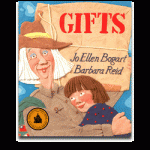
Grandma is incredibly inventive as she comes up with solutions for each request.
The book follows the pair as they both grow older, eventually ending with the girl now a fully-grown adult with a daughter of her own.
There are lots of reasons to get teary-eyed, here. (Not that I am. My contacts are just a bit scratchy.) First, there’s the wonderful, multi-layered story. Then there are the colourful, detailed plasticine images. Then there’s the 500,000 free books. And then there’s this story:
The CCBC and TD get tons of fan letters after they distribute the books each year. One in particular stands out in the memory of TD rep’s Alan Convery.
They’d just distributed the b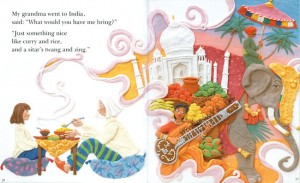 ooks, a little before the Christmas season a couple of years ago. Convery got a letter from a principal in the Northwest Territories, thanking him. She said that for most of the children, this would be the first book that they would own. And then she added that this would also be the only Christmas gift many of the children would receive that year, since the families in that particular community were having trouble making ends meet.
ooks, a little before the Christmas season a couple of years ago. Convery got a letter from a principal in the Northwest Territories, thanking him. She said that for most of the children, this would be the first book that they would own. And then she added that this would also be the only Christmas gift many of the children would receive that year, since the families in that particular community were having trouble making ends meet.
(The CCBC later shipped the community another supply of different children’s books.)
It’s so important for kids to own their own books. It empowers them. It lets them feel entitled to use books. And statistics show very clearly that there is a link between kids who have their own books and those who go on to higher education.
Kleenex!
